ANTD.VN - The Government Inspectorate has concluded that the management of gasoline and diesel prices through the base price system still has many shortcomings and inadequacies, leading to the base price not closely following the market, affecting the sourcing and distribution of gasoline and diesel.
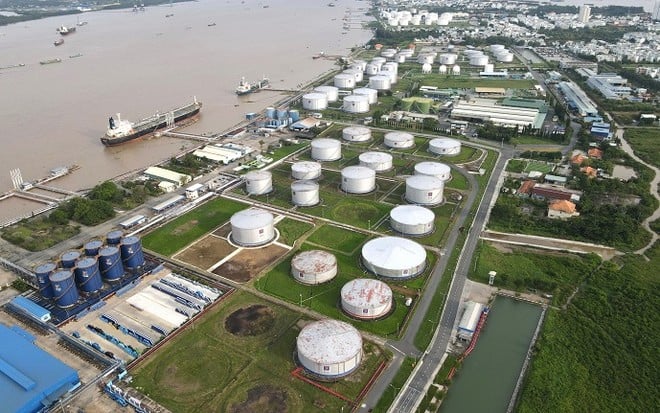 |
Gasoline shortage due to insufficient fuel reserves. |
Self-import of petroleum products ceases due to inadequate base price.
Regarding the management and regulation of gasoline and diesel prices, the Government Inspectorate stated that, according to the provisions of Law No. 11/2012/QH13 on Prices, the application of price setting measures is time-limited.
However, currently, the Government is applying a base price for petroleum products to manage the petroleum market according to Decree No. 83/2014/ND-CP, but the current method of calculating this base price still has many shortcomings and problems.
Specifically, the Ministry of Finance calculated the components of the base price of petroleum products inaccurately and not in line with market prices, such as: determining the cost of bringing petroleum products from abroad to Vietnam to calculate the base price without a legal basis, and applying "standards" on costs from many years ago that are not in line with the market;
The premium included in the base price is higher than the actual premium at some major petroleum trading companies; the application of fixed standard costs issued in 2014 is no longer appropriate for the current reality…
Meanwhile, the Ministry of Industry and Trade bases its calculation of the base price of petroleum products on the average of 15 days/10 days of world oil prices and indicators announced by the Ministry of Finance…
This situation has led to the base price of petroleum products not being calculated accurately and comprehensively according to world prices and other costs such as import taxes, transportation costs, insurance costs, premiums, and failing to keep up with market fluctuations. Therefore, when world petroleum prices fluctuate sharply, many traders stop importing to avoid losses.
For example, Long Hung Trading and Service Company Limited, a subsidiary of the Military Petroleum Corporation, registered a reduced import quota for petroleum products in 2022, with the import quota for gasoline being zero. This is one of the reasons leading to disruptions in the petroleum supply.
On February 24, 2022, the Ministry of Industry and Trade issued Decision 242/QD-BCT, assigning import quotas for petroleum products in the second quarter of 2022 to 10 out of 34 key petroleum trading companies.
However, inspection results showed that most of the main petroleum import traders did not meet the deadlines, and the volume of petroleum imports was lower than the assigned quotas.
Gasoline shortage: 589,035 m3/794,418 m3; diesel shortage: 628,637 m3/1,248,966 m3. The main reason is the low base price of gasoline and diesel, resulting in losses from imports.
To ensure they meet their profit targets and recover their capital, major importers of petroleum products, lacking the volume of fuel they were assigned, had to cut all retail costs, reduce discounts on the volume of fuel delivered, and lower discounts for dealers, resulting in zero discounts. Many retail outlets and fuel dealers arbitrarily stopped selling fuel, contributing to disruptions in the fuel supply.
Regarding the management of gasoline and diesel prices, the Ministry of Industry and Trade and the Ministry of Finance have failed to inspect and supervise key fuel distributors, leading to some distributors setting wholesale and retail prices without a proper basis; they only sent decisions on price adjustments, but did not send price declaration/registration documents to the Ministry of Industry and Trade.
The inter-ministerial task force was established to assist the Ministry of Industry and Trade and the Ministry of Finance in managing prices, but this task force has been operating outside of established regulations, ineffectively, and negatively impacting the results of setting base prices for petroleum products and the operation of the petroleum market.
Lax management led to a shortage of millions of cubic meters of gasoline and diesel fuel in reserves.
According to regulations, petroleum wholesalers are required to maintain a mandatory reserve of petroleum products equivalent to 30 days of supply, calculated based on the average daily domestic consumption of the preceding year, as stipulated in Decree No. 83/2014/ND-CP, and 20 days as stipulated in Decree No. 95/2021/ND-CP.
From 2017 to September 30, 2022, 15 out of 34 petroleum wholesalers, accounting for 90% of the domestic petroleum market share, had insufficient minimum required petroleum reserves in terms of months of the year and days of the month, with a total reserve shortfall of 1,028,918.8 tons/m3.
Specifically in September 2022, 9 out of 15 major fuel distributors had gasoline reserves short by 5-9 months/9 months and 8 out of 15 major diesel distributors had diesel reserves short by 6-9 months/9 months;
Six out of fifteen major fuel distributors have a fuel shortage of 8-13 days out of 20 days, and four out of fifteen major fuel distributors have a fuel shortage of 8-14 days out of 20 days.
Therefore, when supply is scarce and there isn't enough gasoline and diesel in reserves to sell on the market, it affects energy security and market stability. This is also one of the reasons for the disruptions in gasoline and diesel supply in recent times.
The Government Inspectorate stated that the Ministry of Industry and Trade had lax management, lacked inspection and rectification, and revoked import and export licenses for petroleum products in accordance with the authority stipulated in Clause 6, Article 8 of Decree No. 83.
Consequently, the problem of wholesale petroleum traders failing to maintain the minimum required reserves for circulation for many years (from 2017 to September 30, 2022) has not been resolved, affecting petroleum supply and energy security.
Source link


![[Photo] Closing Ceremony of the 10th Session of the 15th National Assembly](/_next/image?url=https%3A%2F%2Fvphoto.vietnam.vn%2Fthumb%2F1200x675%2Fvietnam%2Fresource%2FIMAGE%2F2025%2F12%2F11%2F1765448959967_image-1437-jpg.webp&w=3840&q=75)



![[Photo] Prime Minister Pham Minh Chinh holds a phone call with the CEO of Russia's Rosatom Corporation.](/_next/image?url=https%3A%2F%2Fvphoto.vietnam.vn%2Fthumb%2F1200x675%2Fvietnam%2Fresource%2FIMAGE%2F2025%2F12%2F11%2F1765464552365_dsc-5295-jpg.webp&w=3840&q=75)

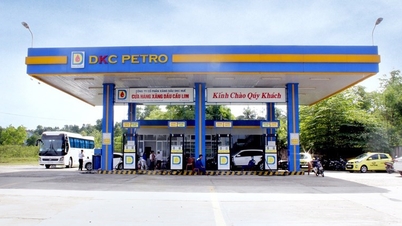


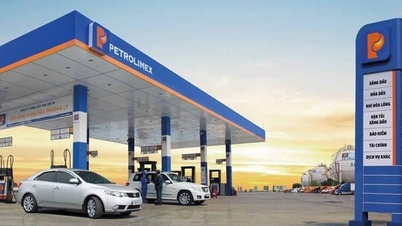


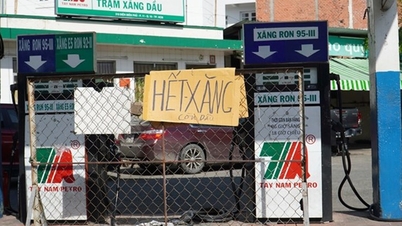


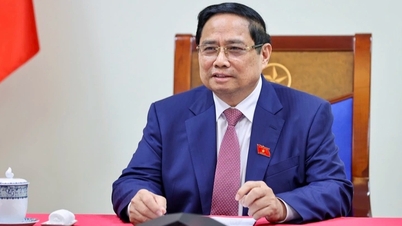

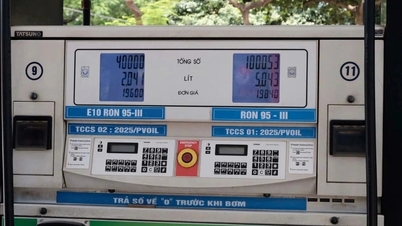
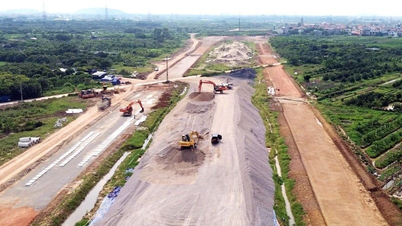

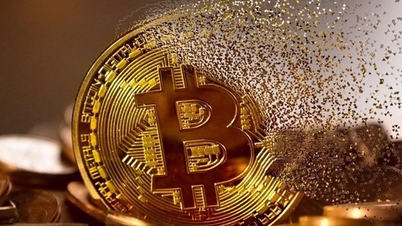











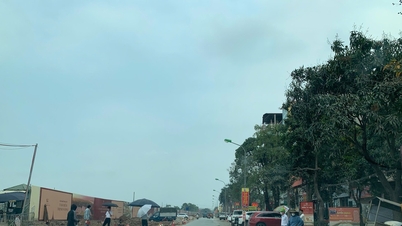
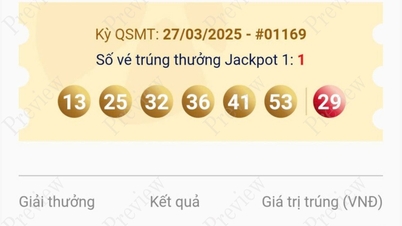






















![[OFFICIAL] MISA GROUP ANNOUNCES ITS PIONEERING BRAND POSITIONING IN BUILDING AGENTIC AI FOR BUSINESSES, HOUSEHOLDS, AND THE GOVERNMENT](https://vphoto.vietnam.vn/thumb/402x226/vietnam/resource/IMAGE/2025/12/11/1765444754256_agentic-ai_postfb-scaled.png)



















































Comment (0)